According to China.CNR , many localities in China have recently implemented a two-day weekend for high school students to create a balance between studying and resting, while expanding extracurricular activities. However, this has become a concern for parents and has caused a lot of debate.
Specifically, in a survey on the Hunan Q&A forum, more than 100,000 parents supported giving their children two days off on the weekend, while 74,000 others were concerned about the impact on their children's academic performance and review time.
Ms. Tham, a parent of a child in grade 11, said: "Having a day off on the weekend gives your child less rest. Having two days off will help your child adjust his/her schedule, get enough sleep, and is beneficial for his/her physical development."
Similarly, Ms. Li in Sichuan is also pleased with this policy: "My daughter is excited to have more time to rest on weekends. She has the opportunity to relax and participate in outdoor activities, reduce stress and recharge her energy to study better."
However, many parents objected, saying that if the weekend is off for 2 days, it would be impossible to create a learning environment at home. For example, Ms. Chu, a parent in Guangzhou, said: "If my child has 2 days off for the weekend and goes out, I'm worried that he will fall behind. The university entrance exam is like 'a thousand soldiers, ten thousand horses jostling on a single-log bridge', a difference of 1 point can mean a difference of thousands of rankings. I'm really worried that if I'm just one step late, the whole journey will be delayed."
Sharing the same concern as Ms. Chu, another parent expressed: "My child is in the final stage of learning a large amount of knowledge. Adding more weekends off could reduce the chance of getting into a prestigious university."
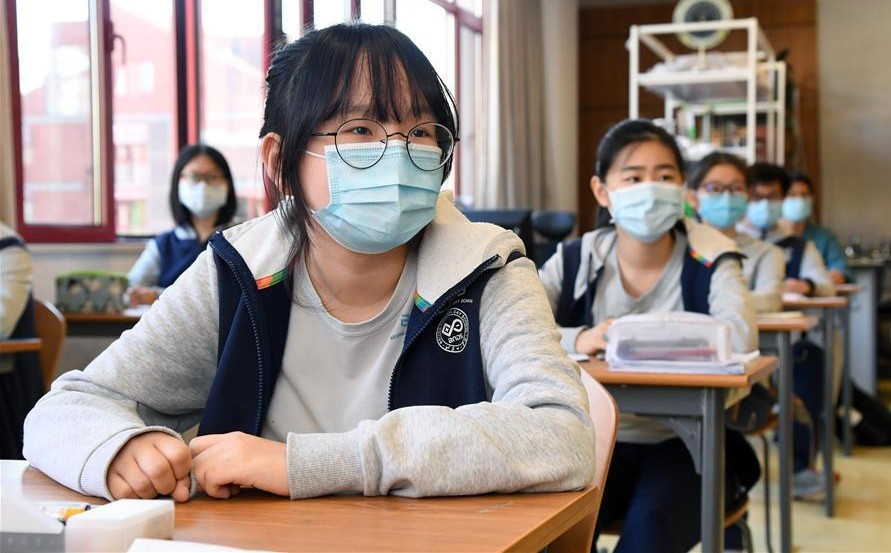
Currently, the practice of giving high school students two days off on weekends in China has spread to cities such as Sichuan, Hangzhou, Yangzhou, Nantong and Guangdong. According to Mr. Tru Trieu Huy, a researcher at the Chinese Academy of Educational Sciences, giving high school students two days off on weekends is clearly aimed at "fighting fierce competition" and "reducing the burden".
He added: "Students and teachers need to have two days off on weekends. Allowing high school students to take extra classes on weekends actually exceeds their normal study and work time, affecting their physical, mental and development."
In response to parents' concerns, Ms. Duong Xuan Hoa - a long-time teacher at Beijing 20th High School, said that implementing the policy of two-day weekends for high school students does not mean loosening education and student management, but on the contrary, it creates conditions for students' comprehensive development, thereby improving the quality of learning.
"For example, students who are interested in studying trains and subways can take advantage of weekends to ride trains, or go to the airport to see planes. I think they should be allowed to do those kinds of hobbies. If both Saturday and Sunday are filled, students will not have time to do those things," she said.
Ms. Li, a high school teacher in Fujian, said that a reasonable rest on the weekend helps students start a new school week more effectively. "Even those who work '996' (from 9am to 9pm, 6 days a week) feel exhausted, let alone students who have to study more than 10 hours a day. Recently, I have also clearly seen that many students who have 2 days off on the weekend, when they go to school at the beginning of the week, their spirits are much higher, and their learning efficiency has also improved significantly."
The implementation of the policy of two-day weekends off in high school is still facing difficulties in some localities. Mr. Huy said that the reason is that the current student assessment standards are still monotonous, and university entrance exam scores are still the top concern of schools and parents.
"Currently, the admission system is mainly based on scores, making parents mistakenly believe that the more time spent in school, the more their children will improve their performance. In fact, if it exceeds the allowed limit, increasing study time will not necessarily improve scores, but can also exhaust students and reduce learning efficiency. In such a context, many parents still believe that if their children do not take extra classes, their scores will decrease, and that comes from not understanding the learning mechanism."
Currently, according to statistics, the rate of depression among high school students exceeds 40%. Mr. Huy believes that the weekend can create valuable time for students to participate in extracurricular activities, develop hobbies, and exercise, thereby helping them have "breathing" space and bringing education back to its "nurturing human" nature.
"We must take advantage of this time to rest well, avoid overworking, limit indulging in the Internet, instead improve our communication skills and social awareness, understand our own potential and strengths, and grasp the needs of society. During the weekend, students should participate in volunteering or other social activities," Mr. Huy added.
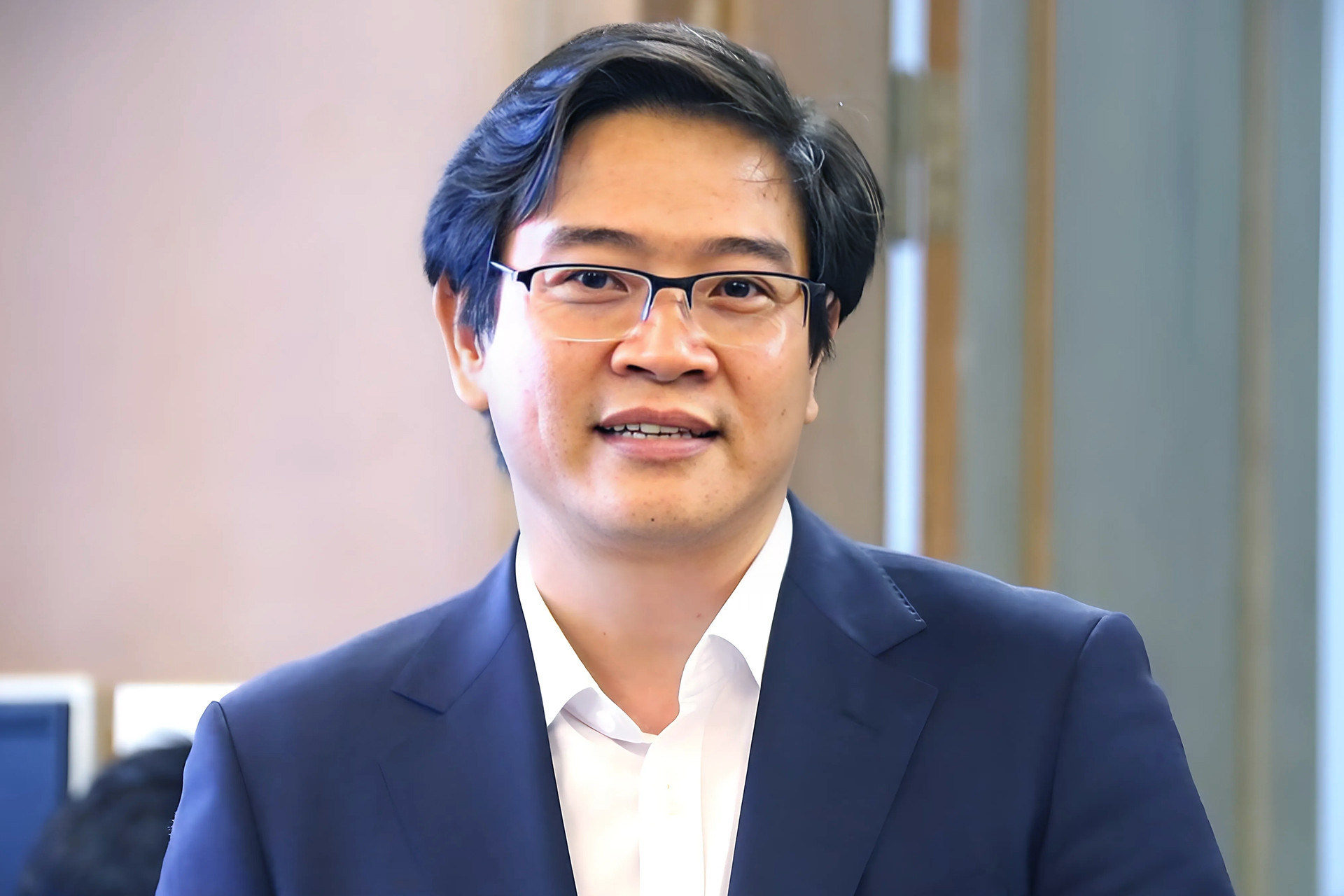
Source: https://vietnamnet.vn/tranh-cai-hoc-sinh-thpt-duoc-nghi-t7-cn-phu-huynh-lo-con-khong-do-dai-hoc-2393212.html


![[Photo] Prime Minister Pham Minh Chinh starts construction of vital highway through Thai Binh and Nam Dinh](https://vphoto.vietnam.vn/thumb/1200x675/vietnam/resource/IMAGE/2025/5/12/52d98584ccea4c8dbf7c7f7484433af5)

![[Photo] Prime Minister Pham Minh Chinh works with the Standing Committee of Thai Binh Provincial Party Committee](https://vphoto.vietnam.vn/thumb/1200x675/vietnam/resource/IMAGE/2025/5/12/f514ab990c544e05a446f77bba59c7d1)

![[Photo] Buddha's Birthday 2025: Honoring the message of love, wisdom, and tolerance](https://vphoto.vietnam.vn/thumb/1200x675/vietnam/resource/IMAGE/2025/5/12/8cd2a70beb264374b41fc5d36add6c3d)

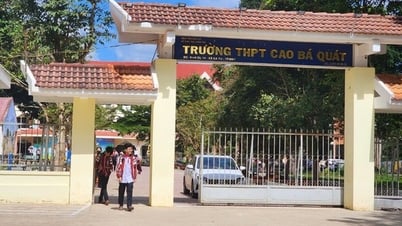




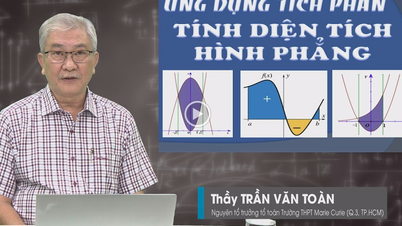






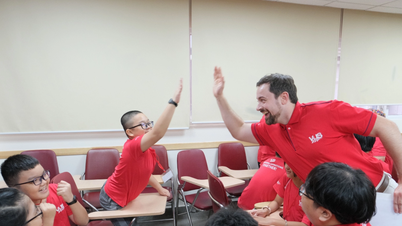























































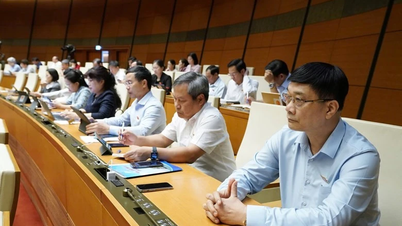
















Comment (0)